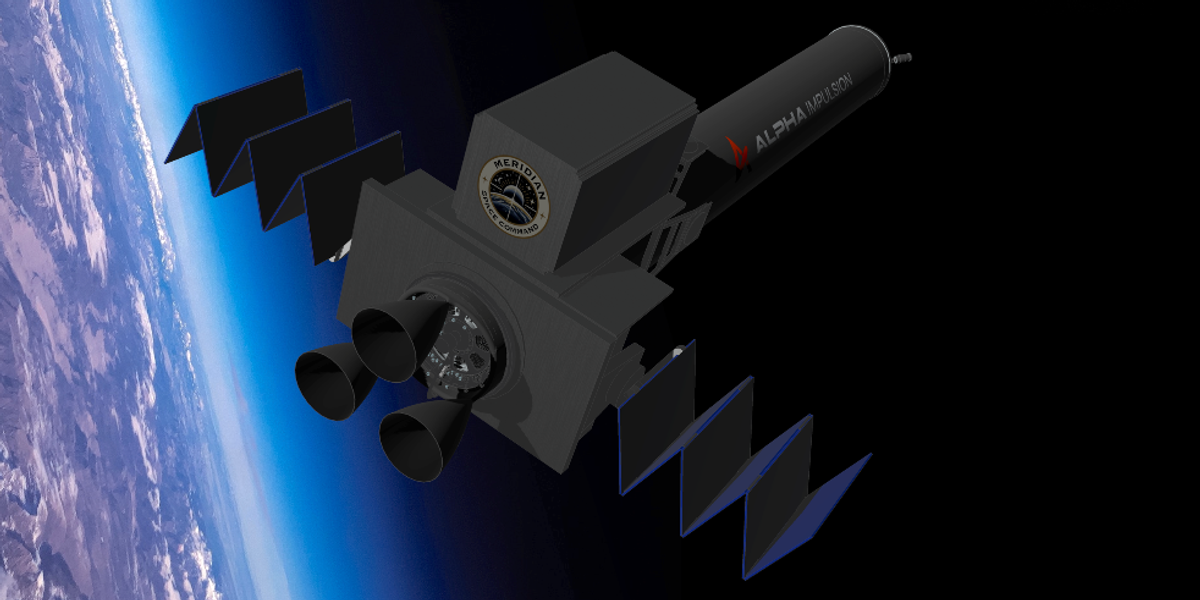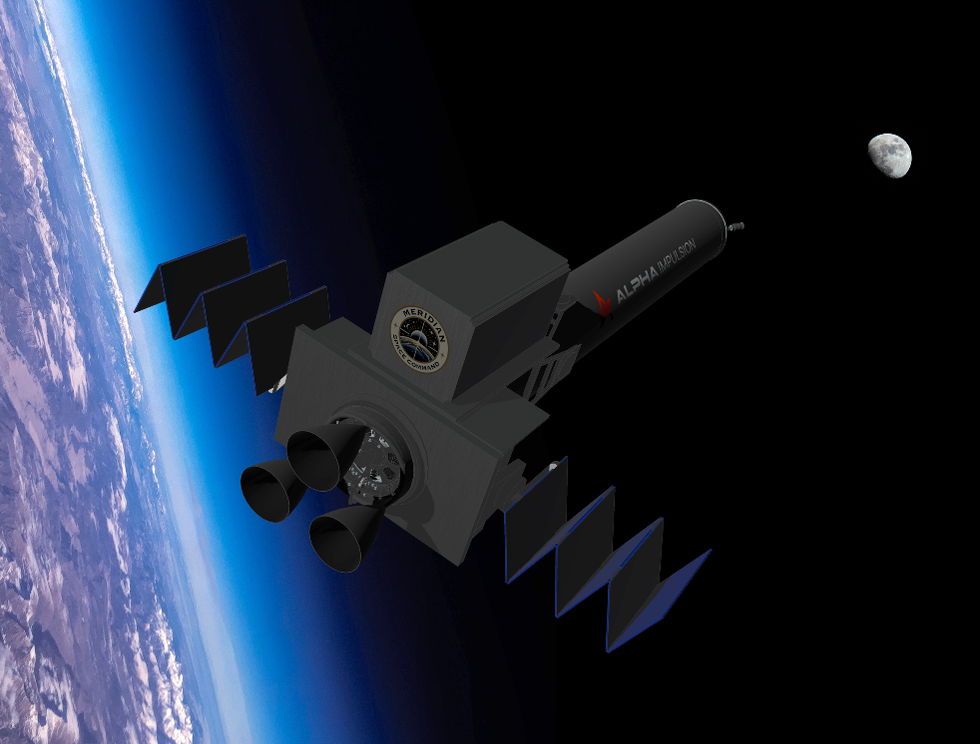



Scientists are creating a "self-eating" spacecraft which uses its own rocket as fuel for its engine.
A Leicester-based firm is working to create the world's first "autophage engine", allowing the transportation of payloads from Earth to the Moon at low cost.
The project looks to build an experimental rocket with the physical body providing the fuel.
Meridian Space Command, alongside French firm Alpha Impulsion, were awarded £150,000 of taxpayer money to start stage one of the economical transfer vehicle (ETV) project.
That funding will provide the first design review to better understand its feasibility and viability.
UK Space Agency officials have called the ETC a "next-generation logistics and payload-hosting spacecraft".
The officials say the spacecraft will be "powered by an autophagy engine" which consumes its "own structural tank during flight".
The project was announced alongside 22 others at the International Astronautical Congress (IAC) in Sydney.

The ETV project has earned £150,000 for the first stage
|MERIDIAN SPACE COMMAND
Project engineers say the ETC will have the capability of entering and leaving different orbits as well as trajectories through space.
At this stage, any rocket in space has to be attached to a fuel tank which can support the vessel long enough for the mission to be finished.
As the proposed spaceship relies on fuel from its own body, it would make it lighter and more efficient.
It is believed the rocket would be able to transport packages of up to 50kg.

The vehicle would allow transportation of payloads from Earth to the Moon at low cost
| GETTYThe small spacecraft will be able to deliver payloads quickly, compared to less frequent and heavier traditional rockets.
The project is the second to receive money via the International Bilateral Fund.
Others include a nuclear battery running on Americium with the civil, space and defence potential.
Space Minister Liz Lloyd said the £6.8million boost showed that Britain is "leading the way in space innovation".
"From improving mobile coverage to monitoring Earth's forests, these 23 projects will create jobs," she said.
"(And) strengthen partnerships with our allies, and keep the UK at the cutting edge of space technology."
Ms Lloyd said it was an "exciting time for our space sector".
"And great news for British businesses reaching for the stars," she added.
UK Space Agency Chef Executive Dr Paul Bate said the new projects "span the full spectrum of UK space expertise".
"From telecommunications, propulsion and environmental monitoring to cutting-edge technologies that could change how we develop treatments for deadly diseases using microgravity," he said.
"By combining home-grown talent with global expertise, we want to strengthen our capabilities, support growth, and ensure the UK remains at the forefront of space innovation."
